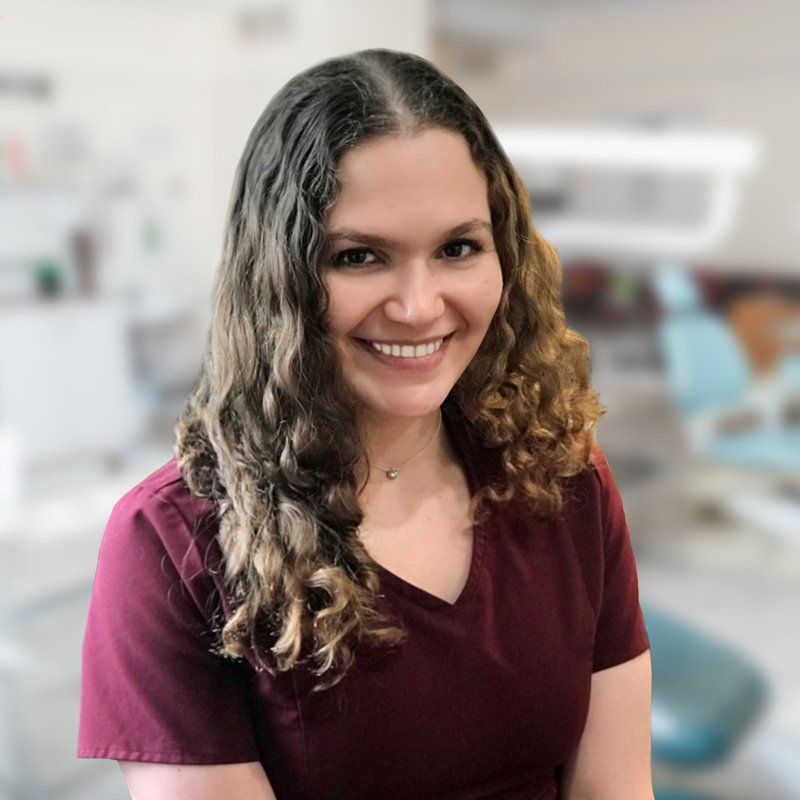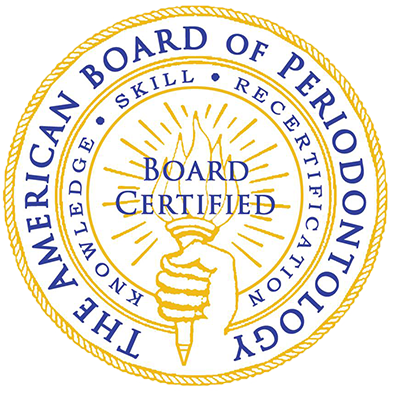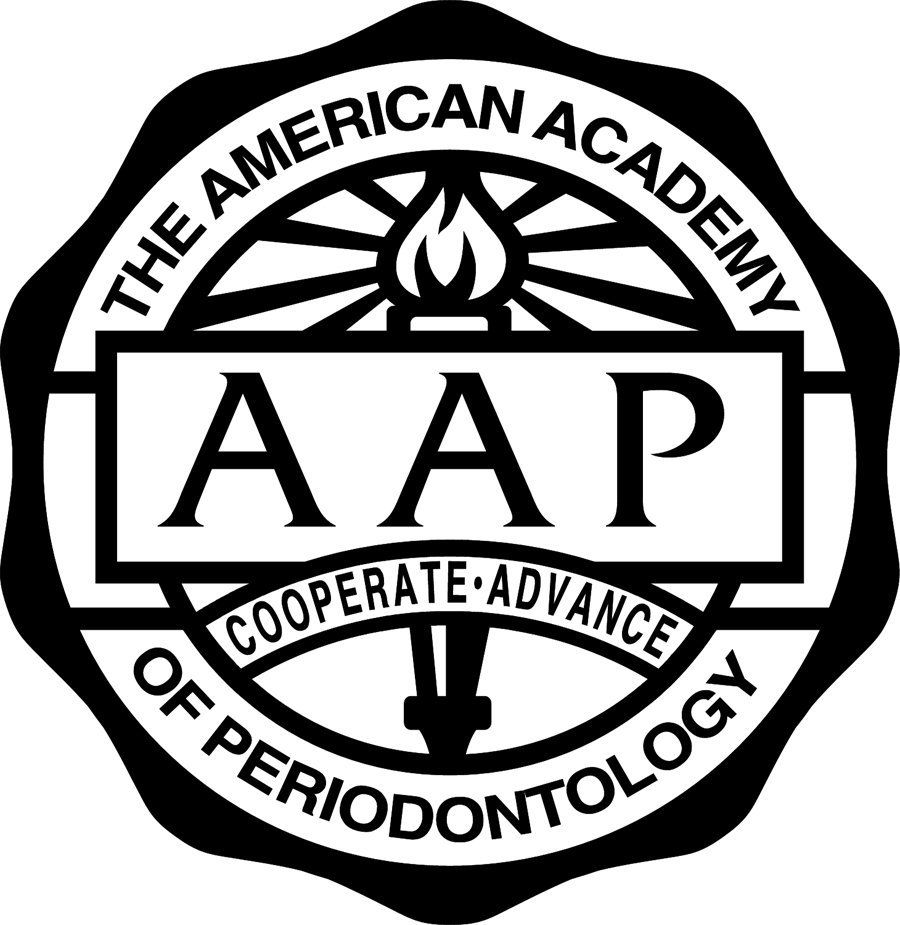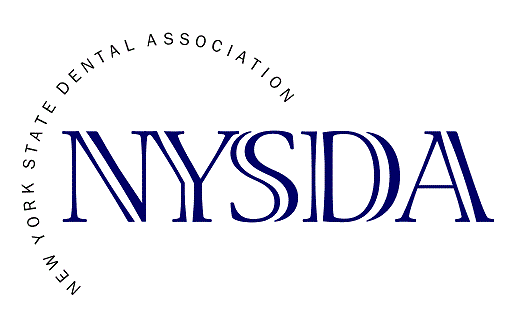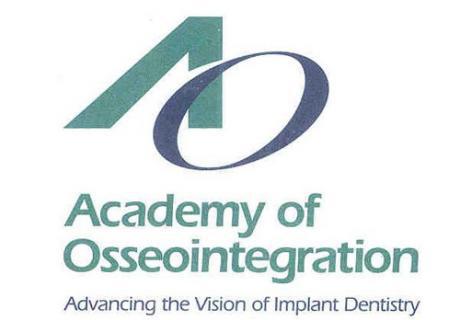LAPIP Treatments for Peri-Implantitis Dr. Stephanie Sfiroudis DDS, MS
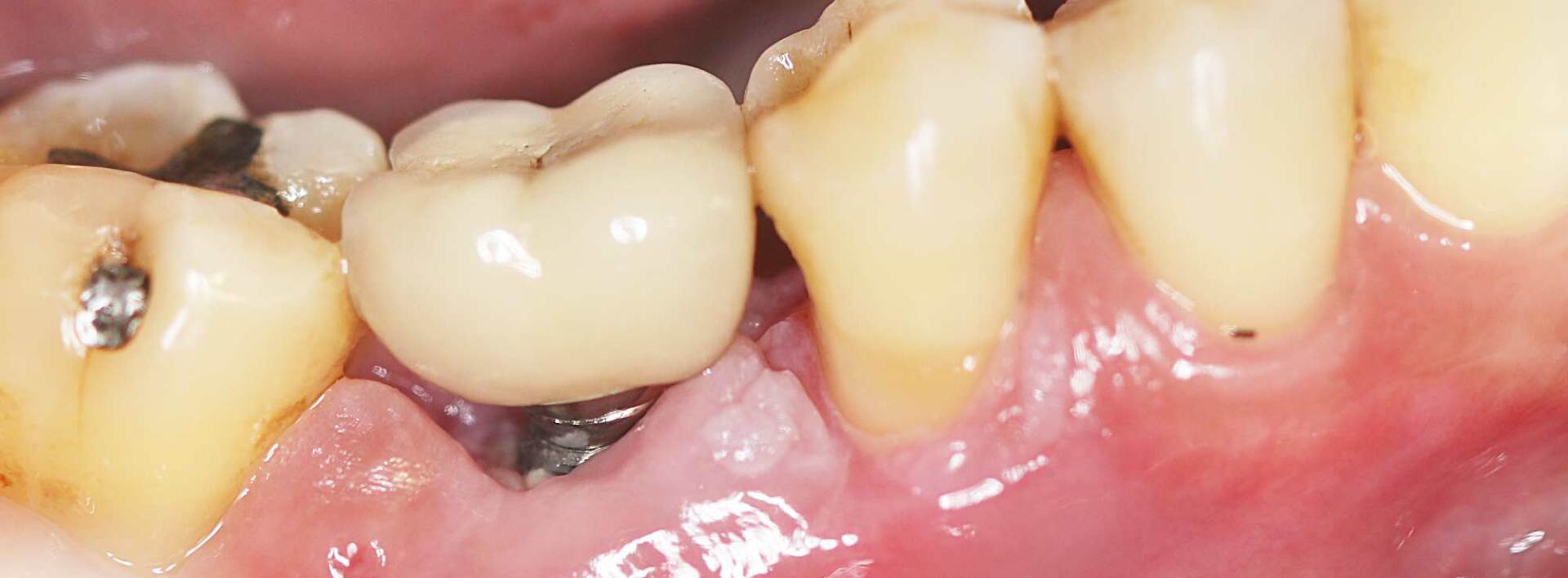
Dr. Sfiroudis is the First Periodontist to Offer Laser Assisted Peri-Implantitis Procedures in Nassau County, Williston Park, NY 11596
Dental implants are an attractive, solid, and realistic artificial replacement for lost teeth. Many people prefer the freedom and comfort implants offer and the natural smile over the sensation of wearing dentures. Despite the safety of implant procedures, some complications can arise. The problems may affect the appearance, stability, and comfort of dental implants. Invasive and costly treatment options were once the only choice, but modern solutions like the Laser Assisted Peri-Implantitis Procedure (LAPIP) now exist. LAPIP offers a more affordable yet equally effective solution than surgical treatments.
What is LAPIP?
LAPIP treatments enable a periodontist to use minimally invasive techniques that helps to spare tissue and bone while effectively stabilizing an implant. Treatment recommendations occur when the patient has a condition known as peri-implantitis, an inflammation of the soft and hard gum tissues around a dental implant. Peri-implantitis occurs in about 20-30% percent of patients that receive dental implants. Without proper treatment, the patient could need their implant removed and may experience gum infections and inflammation that could put nearby teeth at risk.
Dr. Stephanie Sfiroudis is the first periodontist in Nassau County to offer LAPIP and LANAP treatments to patients. LANAP is a similar laser treatment for people with gum infections that surround their natural teeth rather than implants. LAPIP and LANAP are fast and minimally invasive options for dental patients that need help clearing a gum infection, stabilizing the teeth, and protecting the spread of infection to healthy teeth and gums.
What LAPIP Improves
The LAPIP process benefits patients in many ways and is a substantial improvement over traditional surgical procedures. LAPIP is faster than most surgical procedures and takes only about two hours to complete. People that undergo minimally invasive treatments of any type usually have less pain and a lower risk of infection during their recovery than those who use traditional invasive surgeries.
Patients may also appreciate that the cost of LAPIP is also more affordable than the invasive methods available. The cost of LAPIP procedures varies based on the extent of the infection and the number of implants affected. The office of Dr. Stephanie Sfiroudis can review your dental insurance and provide an estimate for LAPIP treatments to dental patients after determining a need for the procedure.
Healing and full recovery after the procedure are also faster than after more invasive surgical treatments. Most patients experience a full recovery in just 24 hours. Patients may need to wait longer to enjoy certain foods to avoid damaging the repaired gum or the restabilized tooth. After the treatment, the dental office will provide a list of acceptable foods and beverages and explain proper dental care during the healing process.
How LAPIP Works
The LAPIP process utilizes laser technology to diagnose and treat peri-implantitis. During a LAPIP procedure, the periodontist inserts a small probe into the gum in the affected area. The probe detects excessive gum pocket depth around the implanted tooth. If the probe detects inflammation or infection in the gum pocket, the treatment will begin. A dental implement containing a laser will replace the initial probe. The laser destroys all bacteria and contaminants in the surrounding soft tissue. The laser will also remove any diseased tissue to allow healthy tissue to heal around the implant. The laser vaporizes all bacteria, contaminants, and damaged tissue found around the implant. This vaporization eliminates the uncomfortable scraping or cutting into the tissue that would occur during invasive surgeries.
LAPIP treatments also modify bone and restabilize the gum pocket area to provide more security for the existing implant. The laser creates a fibrin clot that uses the patient's bone stem cells to stabilize the tooth. The newly cleaned and repaired pocket heals quickly, and the attachment for the implant regenerates fast for a straighter smile and a more solid bite. Most patients will see an immediate improvement and will have no additional problems with their implant.
Schedule a Consultation
Loose or leaning implants or gum redness and pain around an implant are signs of dental problems, but not necessarily peri-implantitis. Peri-Implant mucositis, a type of gingivitis occurring around implants, is often treatable at home. Resolving this issue is frequently possible with better oral hygiene or avoiding certain habits, like consuming too many sugary beverages or smoking cigarettes. Other problems that cause similar symptoms could include nerve damage or sinus issues.
Only a professional can diagnose the cause of any discomfort or movement of implants and recommend an effective treatment method for the concern. Dr. Sfiroudis offers periodontal consultations for patients with concerns about problems experienced with an implant.
Please contact Dr. Sfiroudis today to schedule a consultation or to undergo a complete oral exam.
"Dental implants seemed like the best way to replace my damaged teeth but still have a natural smile. However, after losing two implants a few years ago due to receding gums, I thought I would need more extensive dental work when the problem started again around another implant. Thankfully, Dr. Stephanie Sfiroudis recommended LAPIP.



